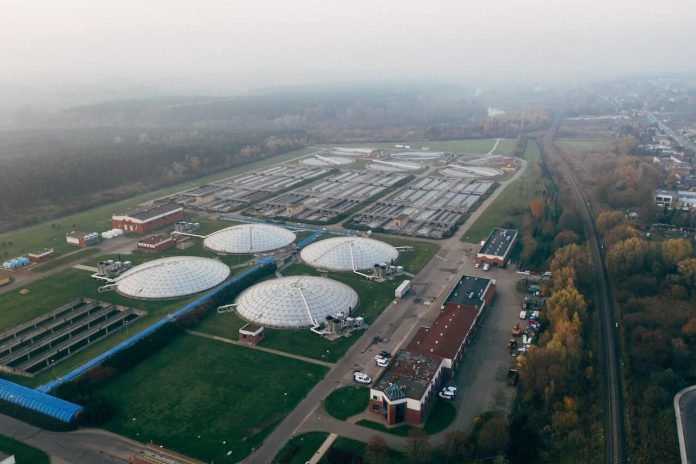The Madhya Pradesh government has launched a comprehensive new biofuels initiative under the Madhya Pradesh Renewable Energy Policy 2025. Aimed at transforming the state’s energy landscape, the policy targets the establishment of at least one biofuel plant in every development block. With a focus on compressed biogas (CBG), biodiesel, bio-coal, and other advanced biofuels (excluding first-generation ethanol), the policy is designed to reduce agricultural waste, boost rural income, and attract large-scale private investment.
Attractive Incentives for Biofuel Investors
To encourage adoption and ease the financial burden, the state is offering capital subsidies of up to ₹200 crore under its Basic Investment Promotion Assistance (BIPA) scheme, distributed over a seven-year period. The government has earmarked an additional ₹5 crore for developing critical infrastructure, while biofuel projects implementing zero liquid discharge (ZLD) systems can access a further ₹10 crore in support.
Strategic Land Access and Plant Allocation
To streamline project development, the policy will permit only one biofuel plant per development block. A district committee, chaired by the local collector, will select investors. To ease land acquisition, the government will provide revenue land at 50% of the circle rate, while it will lease forest and agricultural land for biomass use at just 10% of the annual guideline rates. The policy also defines minimum land requirements based on plant capacity—for example, 10 acres for a 10 TPD (tonnes per day) CBG unit—with leases granted for 30 years, renewable with mutual agreement.
Extended Tax Waivers and Regulatory Benefits
Adding to the financial appeal, the government is offering a ten-year exemption on electricity duty and energy development cess. Projects purchasing private land can claim a 50% reimbursement on stamp duty. Additionally, those supplying electricity to third parties may benefit from waivers on cross-subsidy and additional surcharges, subject to clearance from the Electricity Regulatory Commission.
A Step Toward a Cleaner, Circular Economy
With this policy, Madhya Pradesh positions itself as a frontrunner in India’s bioenergy transition. As reported by projectstoday.com, by combining environmental stewardship with economic opportunity, the state aims to stimulate sustainable industrial growth while empowering rural communities.
































